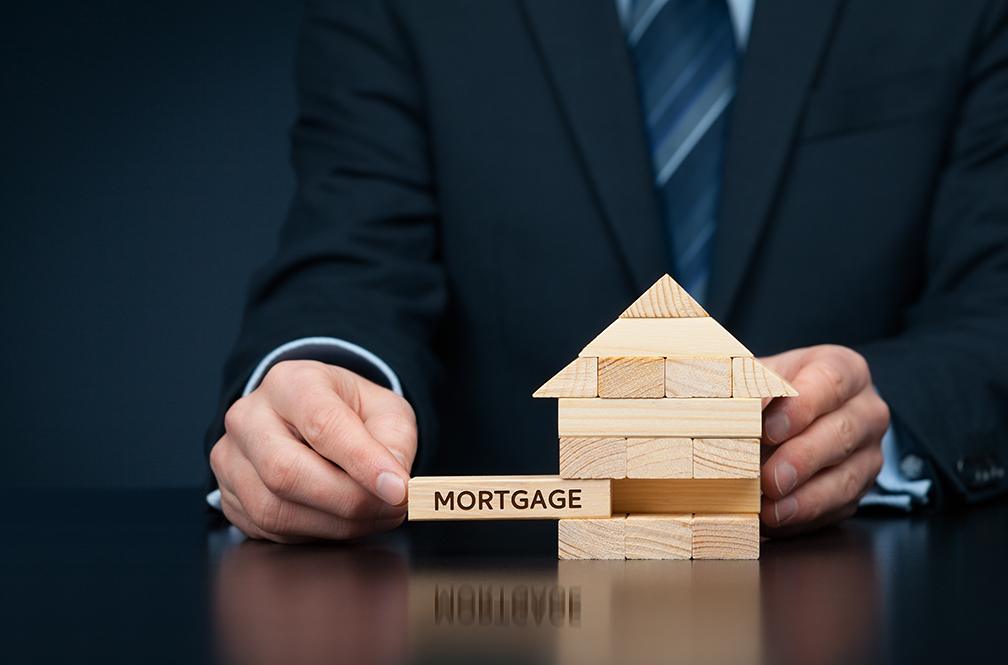How To Keep Your Address Private
 There are not many parts of your life that are private anymore. Today, it is relatively easy for someone to go online and look up your address in just a few minutes. At the same time, there are some people who have an easier time keeping their lives private. Celebrities, public officials, and other people who are frequently in the public light are able to conceal their addresses. Even if you aren’t famous, what do you need to do to hide your address?
There are not many parts of your life that are private anymore. Today, it is relatively easy for someone to go online and look up your address in just a few minutes. At the same time, there are some people who have an easier time keeping their lives private. Celebrities, public officials, and other people who are frequently in the public light are able to conceal their addresses. Even if you aren’t famous, what do you need to do to hide your address?
Talk To A Real Estate Agent
If you want to keep your address private, the first thing you should do is talk to your real estate agent. There is a great chance that they have worked with someone who wanted to keep their address private in the past, and they can provide you with a list of steps you should take. Make sure the home you purchase is pulled off the MLS quickly. That way, someone has to go to the local Town Hall if they want to look up your home.
Use A Trust
You may also want to consider placing your home in a trust. A trust will specify how your assets are distributed after you pass away. You can use a trust to hide real estate purchases, meaning that only the name of your trust is going to be listed in public records. That way, people cannot find your address by simply looking it up online, as they will simply see your trust represented.
Form An LLC
You may also want to consider forming an LLC, also known as a limited liability company. The vast majority of locations do not restrict LLC ownership. This means that you can set up an LLC, specify the LLC as the owner of the property, and keep your name out of the public light. You may want to reach out to an attorney who can help you form an LLC.
Keep Your Address Hidden
The internet is a powerful tool, but you should not resign yourself to having your address listed online. Consider checking out a few of these options, and reach out to a professional if you would like help hiding your address after you purchase a new house.

 Outside of the significant financial responsibility of delving into home ownership, there can also be a lot of other risks involved that you may not have thought about before investing in a home. You’ll need to protect your home against theft or burglary. And homeowner’s insurance to protect your home and belongings is almost a requirement. But there are other less common occurrences you may not have thought about. If you happen to be living in an area that’s at high risk of fire, here are some things to consider beforehand.
Outside of the significant financial responsibility of delving into home ownership, there can also be a lot of other risks involved that you may not have thought about before investing in a home. You’ll need to protect your home against theft or burglary. And homeowner’s insurance to protect your home and belongings is almost a requirement. But there are other less common occurrences you may not have thought about. If you happen to be living in an area that’s at high risk of fire, here are some things to consider beforehand. Ask any friend or family member that owns a home and they will share that it takes a bit of management to keep all the expenses under control. Let’s explore the concept of PITI and why it is vital to have a clear picture of how much your home is costing you each month.
Ask any friend or family member that owns a home and they will share that it takes a bit of management to keep all the expenses under control. Let’s explore the concept of PITI and why it is vital to have a clear picture of how much your home is costing you each month. If you are looking for a way to diversify your investment portfolio, there are different options available. One option is to invest in real estate. With so many different choices, how can you select the right one for your needs? There are a few key points to keep in mind.
If you are looking for a way to diversify your investment portfolio, there are different options available. One option is to invest in real estate. With so many different choices, how can you select the right one for your needs? There are a few key points to keep in mind. Are you starting to tire of paying your monthly rent to someone and never building any equity? Renting forever can be a significant pain, especially as you’re contributing to someone else’s financial well-being. The good news is that there are affordable real estate options out there for those investing in their first home. Below we will share a few excellent reasons why an apartment or condo might be the best choice for a first-time home buyer.
Are you starting to tire of paying your monthly rent to someone and never building any equity? Renting forever can be a significant pain, especially as you’re contributing to someone else’s financial well-being. The good news is that there are affordable real estate options out there for those investing in their first home. Below we will share a few excellent reasons why an apartment or condo might be the best choice for a first-time home buyer.